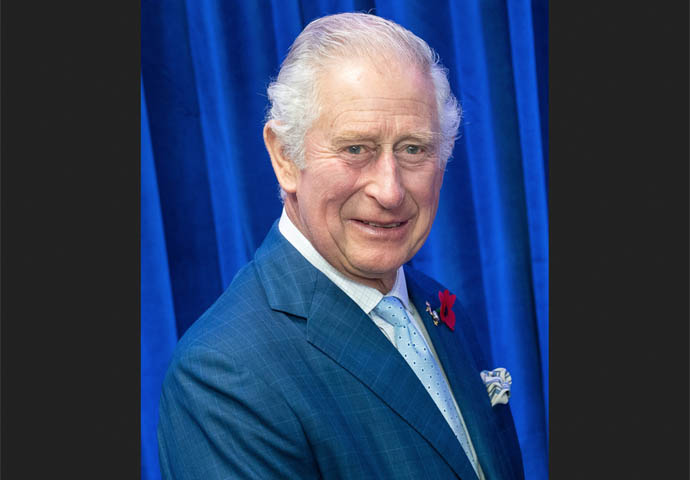An accountable head of state now
Thursday, 29th September 2022

King Charles III [Adam Schultz_The White House]
• THE widespread public mourning of the death of Elizabeth II and (mostly) warm welcome for the new King Charles III and William as Prince of Wales demonstrate that the UK is not about to become a republic any time soon, (Don’t throw the baby out with the royal bath water, September 22).
However, the government’s reckless “mini-budget” announced last week begs the question of whether the monarchy can continue with business as usual.
Will Charles III use the royal prerogative to rubber-stamp divisive tax cuts that unashamedly benefit the better off, brought in by Liz Truss who was elected prime minister by just 81,326 Conservative party members (57.4 per cent of the vote)? She has no democratic mandate for her plans, which contradict the Tories’ 2019 general election-winning manifesto.
Similarly will the king (with his environmentalist leanings) approve bills to open up more North Sea oil and gas fields, encourage fracking across the UK and weaken a wide range of environmental protections?
Those who support the monarchy claim that it has brought stability. But this claim looks shaky in the face of a destabilising, unelected, prime minister whose plans have sent sterling plummeting and attracted concern from economists and those at the sharp end of the cost of living crisis.
Genuine affection for Elizabeth II has tended to obscure the huge influence of our secretive, massively wealthy, monarchy, including its leadership of an established church.
Most of its power is still beyond public scrutiny. Parliament cannot hold the royal family to account and the House of Commons speaker, Sir Lindsay Hoyle, has blocked relevant discussions on more than one occasion.
This means that we will never know why Elizabeth II, our constitutional monarch, failed to uphold the constitution when she agreed to Boris Johnson unlawfully proroguing parliament in autumn 2019, when surely her advisers would have spotted the illegality.
Similarly, on another major recent constitutional issue, there appears to have been no attempt by the crown to point out that the Brexit referendum in 2016 was supposed to be advisory rather than a firm commitment.
Labour Party conference this week joined all other main political parties (apart from the Tories) in supporting proportional representation; but it will take more than that to create a genuinely democratic Britain.
We need a head of state who is publicly accountable and who works on behalf of the British population, not just the establishment. At its very least this could be a reformed, more transparent, monarchy led by a king who provides details about their weekly briefings with the prime minister and meetings of the powerful privy council.
Charles III has indicated that he wants to modernise the monarchy. He surely has the power to bring in these modest changes.
If he chooses not to seize this critical opportunity, he is strengthening the hand of those calling for an elected head of state and simultaneously building the case for the UK to adopt a more ceremonial, nominal, status for our royals along the lines of most other European monarchies.
DEE SEARLE, NW5